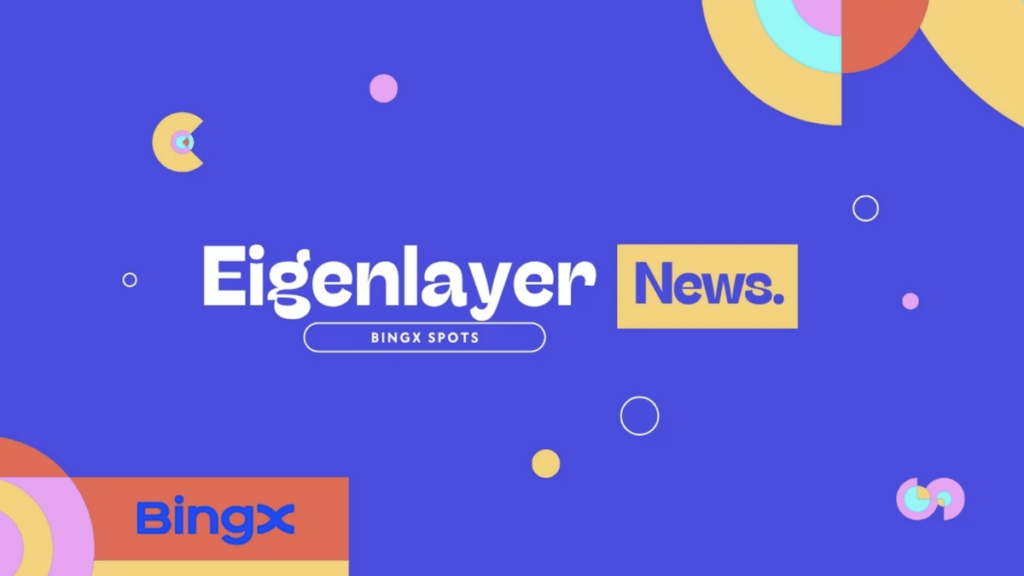The world of digital assets is rapidly expanding, with NFTs and crypto game assets gaining immense popularity. These digital assets hold significant value, both in terms of financial worth and personal sentimentality.
As with any valuable asset, security is of the utmost importance, especially in the unpredictable and ever-evolving landscape of cryptocurrency. This is where MPC (multi-party computation) wallets come into play, offering a new level of security for your NFTs and crypto game assets.
What are MPC wallets?
MPC wallets are a type of multi-signature wallet that uses advanced cryptography techniques to distribute private key shares among multiple parties. This means that instead of relying on a single private key to access your digital assets, which can be vulnerable to hacking or theft, MPC wallets use a combination of multiple keys held by different individuals to secure your funds.
How do they work?
MPC wallets use complex mathematical algorithms and protocols to divide an individual’s private key into multiple shares. These shares are then securely distributed among multiple trusted parties, also known as key holders. The key holders can be individuals or entities such as banks, exchanges, or even family members.
To access the funds in an MPC wallet, a predetermined number of key holders must come together and combine their shares to form the complete private key. This process is known as “computation” and requires all key holders to be physically present and authenticate their shares. Once the complete private key is formed, it can be used to sign transactions and access the funds in the wallet.
What are the benefits of using MPC wallets for NFTs and crypto game assets?
| Characteristic | Traditional Wallet | MPC Wallet |
| Key Storage | Complete private key stored on a device or seed phrase | Private key split into shares and distributed |
| Security | Vulnerable to single point of failure | Highly secure due to distributed key fragments |
| User Experience | Can be complex (seed phrase management) | Potential for simplified recovery and usage procedures |
Enhanced security
As mentioned, traditional single-key wallets are vulnerable to hacking or theft. However, with MPC wallets, the risk of a single point of failure is significantly reduced. Since no one individual holds the complete private key, it becomes virtually impossible for hackers to gain access to your digital assets.
Moreover, even if one of the key holders’ devices is compromised or stolen, it would not be enough to access the funds in an MPC wallet. This additional layer of security makes MPC wallets an ideal choice for storing valuable assets such as NFTs and crypto game assets.
Increased control and flexibility
MPC wallets offer more control and flexibility to the owner of the digital assets. As the individual holding the complete private key, you have the power to choose who your key holders will be. You can also set specific conditions or rules for when and how the key holders can combine their shares to access the funds. This gives you more control over your assets and adds an extra layer of protection against unauthorized access.
Easy recovery
Losing a private key is every crypto investor’s nightmare, as it can result in permanent loss of funds. However, with MPC wallets, the risk of losing all your digital assets due to a lost or stolen private key is greatly reduced. Since the private key is divided into multiple shares, losing one share would not mean losing access to your funds. You can simply replace the lost key holder and recompute the private key using the remaining shares.

The future of MPC wallets in the world of digital assets
MPC wallets are gaining traction in the cryptocurrency community due to their enhanced security features. As the value and popularity of NFTs and crypto game assets continue to rise, the need for more secure storage options will also increase. This is where MPC wallets have a significant advantage over traditional single-key crypto wallets.
Moreover, as technology advances, we can expect to see even more advanced versions of MPC wallets, offering increased security and flexibility. Some experts believe that in the near future, MPC wallets may even become the standard for securing digital assets, replacing traditional single-key wallets.
Conclusion
MPC wallets offer a new level of security and control for your valuable NFTs and crypto game assets. With their use of advanced cryptography techniques and distribution of private key shares among multiple parties, they provide enhanced protection against hacking and theft.
As the world of digital assets continues to evolve, MPC wallets will undoubtedly play a crucial role in ensuring the safety and security of our digital wealth. So if you’re looking for a secure storage option for your NFTs and crypto game assets, consider giving MPC wallets a try.
Featured Image: Depositphotos
Most NFT wallets are free to download and use. However, some wallets may charge transaction fees or offer premium features that require a subscription or payment.
Some NFT wallets integrate with decentralized exchanges (DEXs) or NFT marketplaces, allowing users to sell their NFTs directly from the wallet. However, not all wallets offer this functionality. It is advisable to check the wallet’s features and supported marketplaces before attempting to sell NFTs directly from the wallet.
Yes, you can use multiple NFT wallets to manage your digital collectibles. However, it is important to ensure that you securely store and backup your private keys for each wallet to avoid any potential loss of assets.
When choosing an NFT wallet, look for features such as private key control, encryption, and hardware wallet integration. Additionally, research the wallet’s reputation and user reviews to ensure its security track record.
An NFT wallet is a digital wallet specifically designed to store and manage non-fungible tokens (NFTs). It provides users with a secure and convenient way to store their unique digital assets and interact with NFT marketplaces and decentralized applications (dApps).
Author

Immersive tech enthusiast, diving into the NFT currents reshaping the Metaverse.





